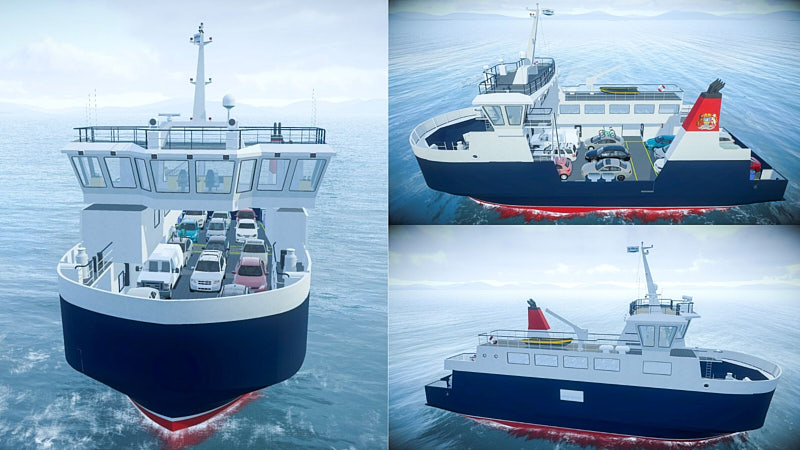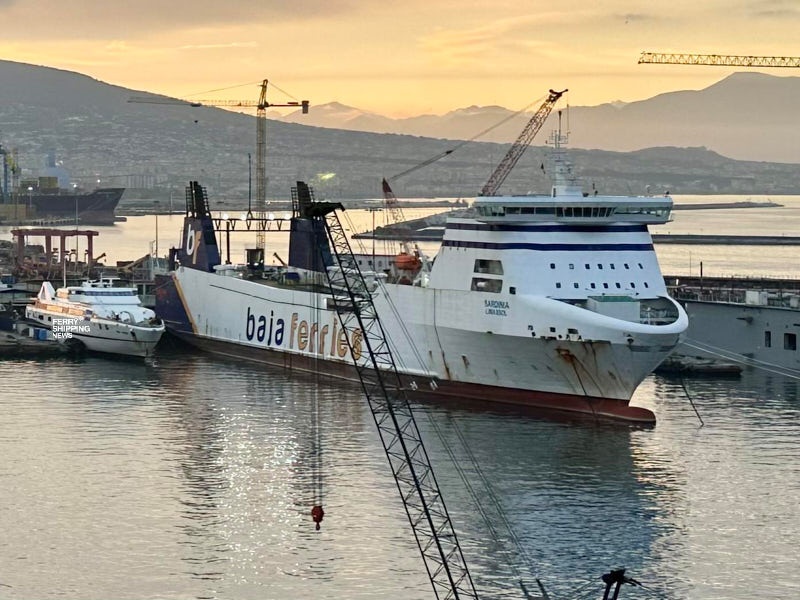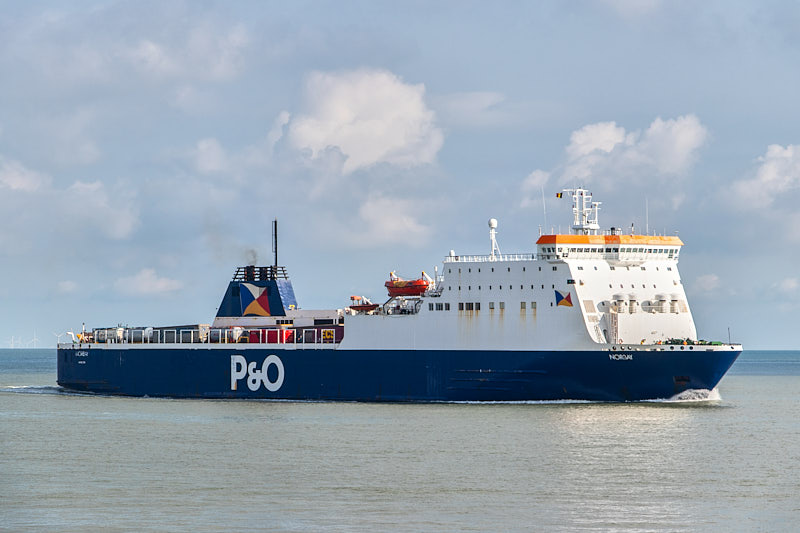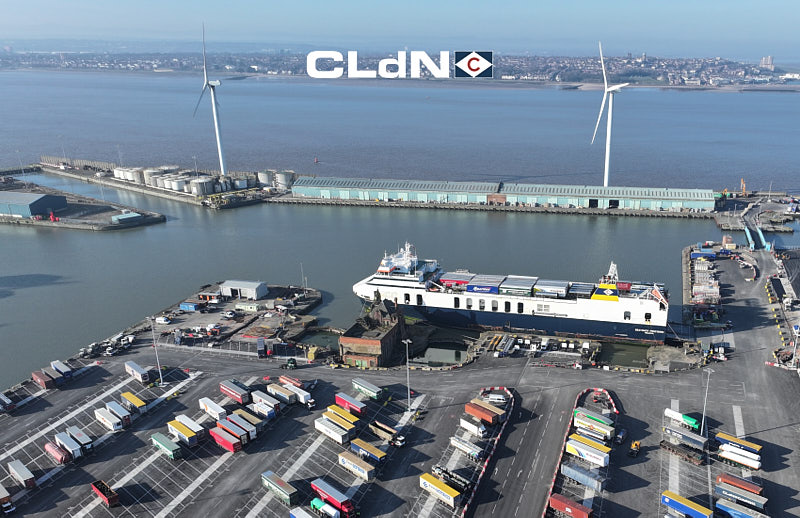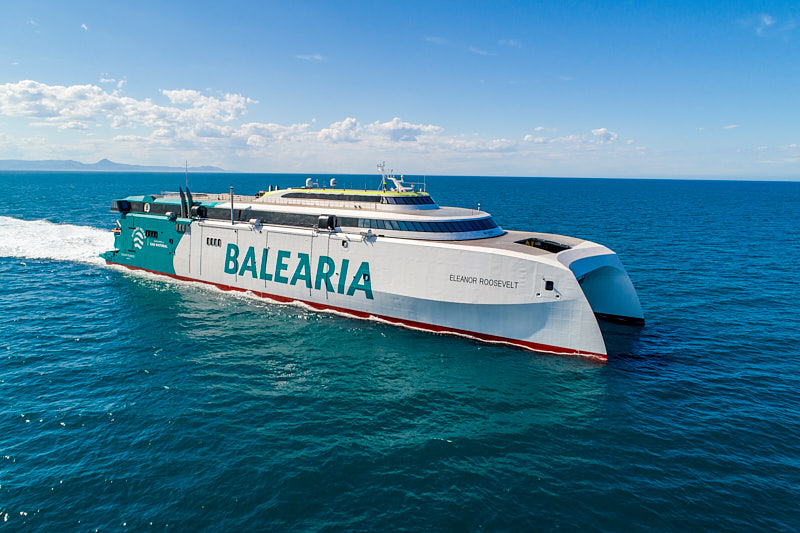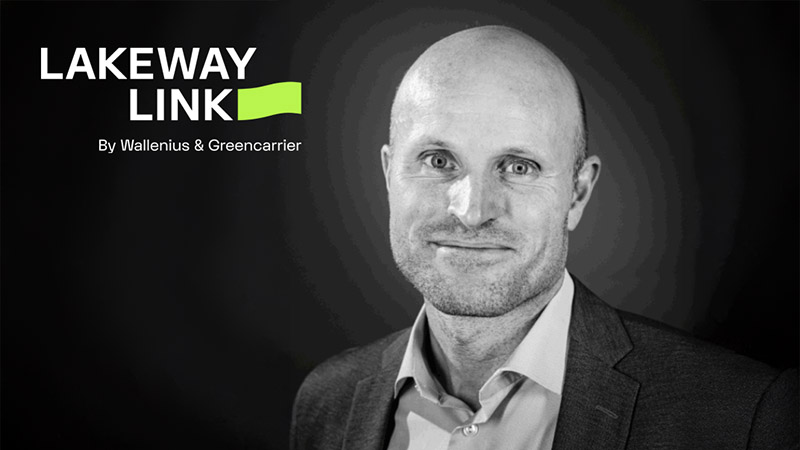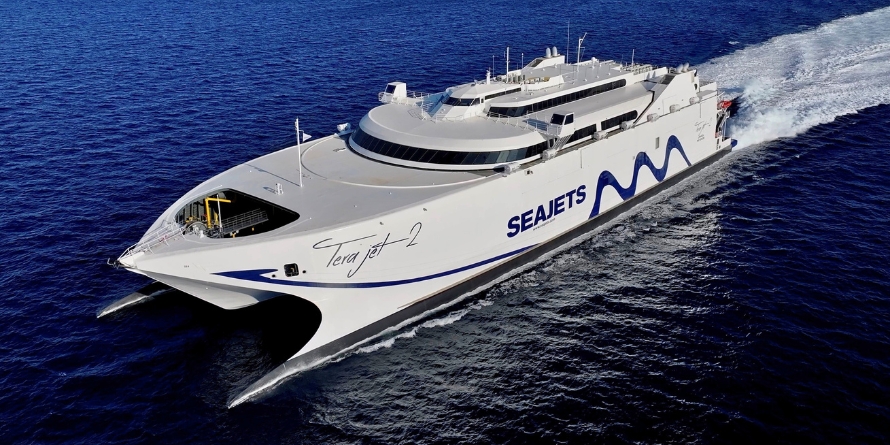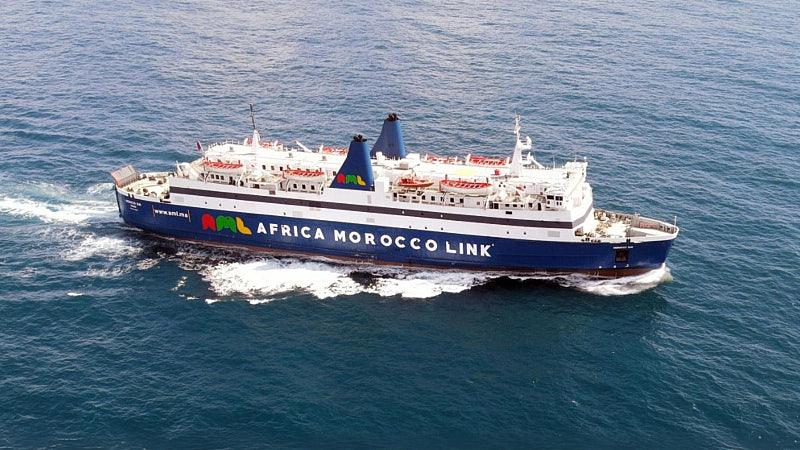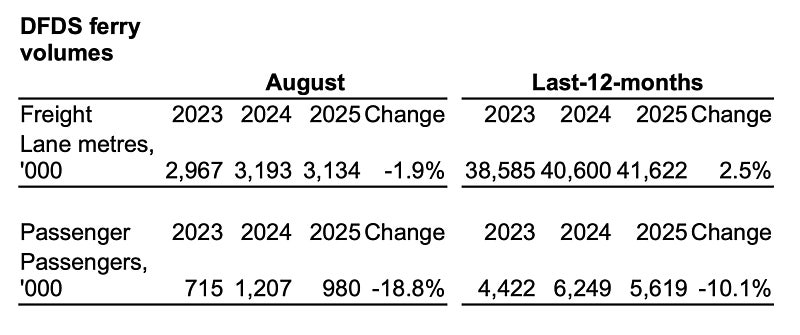- Shetland Islands Council has approved an Outline Business Case for a new vessel to operate as a relief ferry on the inter-island network.
- The vessel will be 33m long with a 10.8m beam.
- It will be able to operate from any existing ferry terminal, with no changes needed in crew certification.
- Capital cost: £11.76m, part funded by a £10m Scottish Government grant.
Next steps:
- Develop detailed designs and tender documents.
- Present a Full Business Case in mid-2026.
- Begin construction with entry into service planned for 2027.
Concept images courtesy of Macduff Ship Design Ltd.
